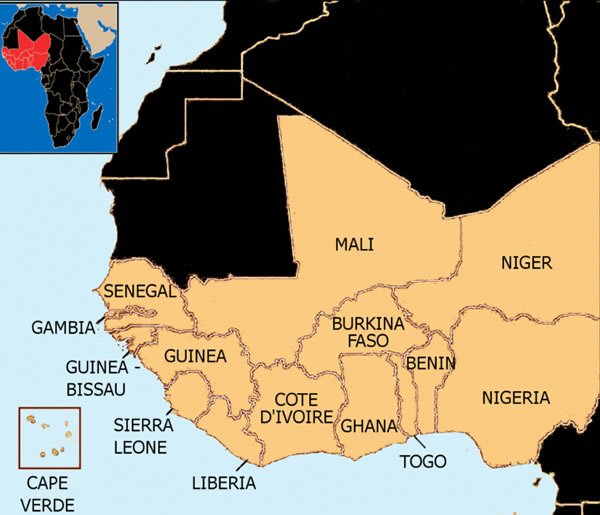
COUNTRIES in the West African sub-region converged at a workshop in Nigeria’s capital, Abuja, on Tuesday to prepare the 2022 regional weather forecast for participating nations in the sub-region.
Speaking to journalists on the sidelines of the workshop, the Director-General, Nigerian Meteorological Agency, Prof. Mansur Matazu, said the forecast would also function as advisories to health practitioners, farmers, and other players in the West African economy.
He said, “This workshop is a regional collaboration on issuing weather forecast for the West African region and Mauritania and Chad. These are countries that fall within the Sahel and Sudan Savannah of Africa.
“So it is regional group that comes together annually to predict the weather, especially as it relates to rainfall and temperature within the region in the next one year.
“Our forecast is for 2022 and we are looking at the Sudan and Sahel regions. We are not looking at the coastal part of the West African region but the Sudan and Sahel, as the onset of the rains in this region is going to be from May and June.”
The NiMet boss, who was represented by the agency’s Director of Weather Forecasting Services, Mailadi Yusuf, said scientists from the various countries were working on the forecast to see what exactly would happen during the projected period.
“The impact of the meeting is huge, for instance, those in the health sector will know what kind of temperatures to expect during the period in the various areas of the region so that they can begin to plan for diseases that are heat-related, such as meningitis,” he stated.
Matazu added, “And you know that in the northern part of Nigeria already we’ve had outbreaks of meningitis and sometimes malaria, cholera, etc. So they will use this forecast to give the required advisory to the health sector.
“And for farmers, we will be able to give advisories to them on what time of the year to expect the rains in order to enable them to plan adequately for the planting season.”
He said the experts would be in Abuja this one week to improve the accuracy of weather forecasting, which he defined as the process in which science and technology were applied to predict the conditions of the atmosphere for a given location and time to ensure a better life.
Copyright PUNCH.
All rights reserved. This material, and other digital content on this website, may not be reproduced, published, broadcast, rewritten or redistributed in whole or in part without prior express written permission from PUNCH.
Contact: [email protected]





